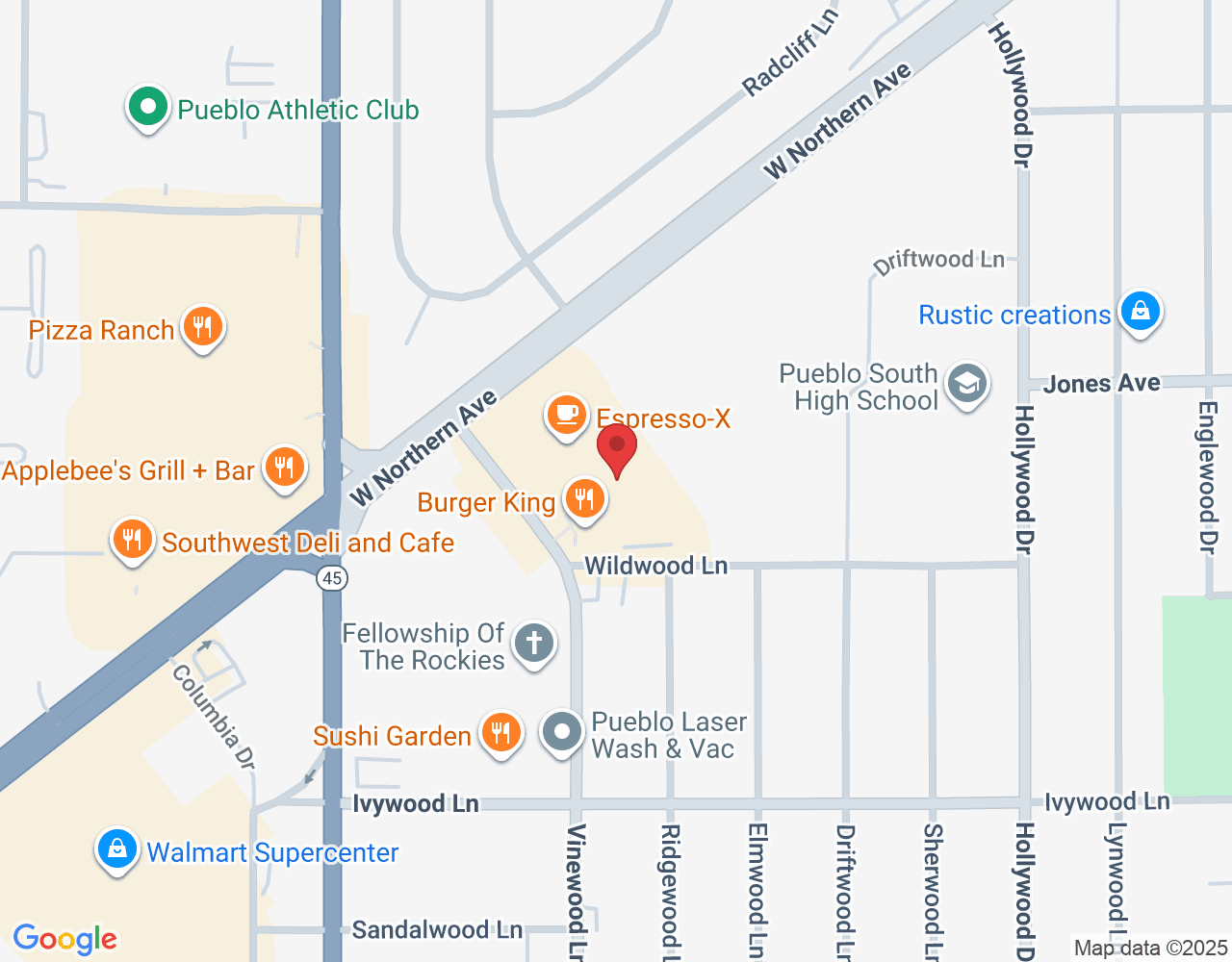
3 Surprising Ways Birth Control Silences Your Androgens — And Why It Matters
The Hidden Side Effect No One Talks About
If you’ve ever been on birth control, you probably remember the conversations with your doctor: “It will regulate your cycles,” “It can help with cramps,” “It’s very effective at preventing pregnancy.”
But here’s what most women — and men — are never told:
Birth control can quietly suppress your androgens.
Androgens are more than “male hormones.” They’re vital for both men and women. They’re what keep your sex drive alive, help you build muscle, maintain strong bones, sharpen your focus, and fuel your energy.
When your androgens drop, your quality of life can drop right along with them. You might feel:
Constantly tired even after sleeping
Unmotivated to work out or take on your day
Irritable or anxious for no obvious reason
Disinterested in intimacy or unable to enjoy it
Frustrated by stubborn weight gain that won’t budge
At our clinic, we’ve helped countless patients who didn’t realize their symptoms started — or worsened — after starting birth control.
Today, we’re pulling back the curtain on the triple mechanism by which birth control lowers your androgens — and more importantly, how testosterone replacement therapy (TRT), bioidentical hormone therapy, and medical weight loss can help you reclaim your vitality.
The First Mechanism — Raising Sex Hormone-Binding Globulin (SHBG)
If androgens are the keys to your energy, mood, and metabolism, SHBG is like a keychain you never get to touch.
Birth control, especially those containing synthetic estrogen, stimulates your liver to produce more SHBG. SHBG binds to your free testosterone — the form your body can actually use — and locks it away.
Why this matters:
Even if your total testosterone looks “normal” on a lab test, high SHBG can leave you with functionally low testosterone symptoms:
Fatigue
Low libido
Loss of lean muscle
Brain fog
The science backs this up:
A landmark study by Panzer et al. (2006) found that women on oral contraceptives had elevated SHBG levels that persisted even after discontinuation.
Patient Story:
Laura, 36, came in feeling like “a completely different person” since starting the pill at age 28. She was working out daily but couldn’t gain muscle, and her desire for intimacy had all but disappeared. Testing revealed sky-high SHBG and low free testosterone. After starting personalized bioidentical hormone therapy and lowering SHBG naturally, her energy skyrocketed — and she told us, “It feels like my spark is back.”
The Second Mechanism — Suppressing Ovarian Androgen Production
Your ovaries aren’t just for producing eggs. They also make testosterone — yes, even in women.
How birth control interferes:
Suppresses the hypothalamic-pituitary-ovarian (HPO) axis
Lowers LH and FSH, the signals that tell your ovaries to produce testosterone
Leads to a gradual decline in ovarian androgen output
Symptoms in real life:
This suppression can show up as a slow fade in motivation, a creeping increase in body fat, and a loss of that “edge” you once had in your workouts.
For men, a similar principle applies when synthetic hormones or certain medications disrupt the hypothalamic-pituitary-gonadal (HPG) axis — leading to low testosterone production. That’s why men’s hormone therapy and TRT specialists focus on restoring balance at the source.
The Third Mechanism — Altering Adrenal Androgen Output
Most people don’t realize their adrenal glands make androgens too — DHEA, androstenedione, and others. These hormones keep your metabolism humming and support your nervous system.
Birth control’s role:
By altering ACTH signaling and steroid production, synthetic hormones can blunt adrenal androgen output. Over time, this can leave you feeling “flat” — emotionally and physically.
The result:
Lower resilience to stress
Increased fatigue
Slower recovery from workouts
Decreased sexual responsiveness
The good news:
In our clinic, we often see patients’ vitality rebound when we restore adrenal hormone balance alongside testosterone or estrogen optimization — especially when paired with GLP-1 injections and a tailored nutrition plan for sustainable weight loss.
Why Low Androgens Matter — For Both Men and Women
Low androgens aren’t just about sex drive. They’re about life drive.
For women:
Difficulty losing weight, especially around the midsection
Mood swings and anxiety
Loss of confidence and assertiveness
For men:
Declining muscle strength and endurance
Poor concentration and motivation
Erectile dysfunction and decreased performance
Studies link low testosterone in both sexes to higher rates of metabolic syndrome, osteoporosis, and even cognitive decline (Zimmerman et al., 2014).
Our biased perspective? Restoring androgen levels through TRT, HRT, and medical weight loss isn’t just about looking better — it’s about living better.
How TRT, HRT, and Weight Loss Can Reverse the Damage
When done under expert supervision, hormone optimization can feel like flipping the lights back on in your body.
What we focus on:
Restoring free testosterone by lowering SHBG naturally and optimizing dosing
Balancing estrogen and progesterone to support mood, energy, and bone health
Supporting adrenal health with lifestyle changes and targeted supplementation
Personalized weight loss programs to reduce inflammation and improve hormone sensitivity
Patient Success:
Mike, 52, had been on TRT from a chain clinic for a year with “okay” results. We adjusted his protocol, added a nutrition plan, and addressed his high SHBG. In 4 months, he’d lost 18 pounds, gained visible muscle, and told us, “I feel like I’ve finally woken up after years of being on autopilot.”
Frequently Asked Questions
Q: Does birth control cause permanent low testosterone?
A: Not necessarily — but SHBG levels can stay elevated even after stopping, which may prolong symptoms.
Q: Can TRT help women?
A: Yes, in carefully monitored doses, testosterone therapy can improve mood, energy, libido, and body composition in women with low androgens.
Q: Will weight loss improve my hormone balance?
A: Absolutely. Losing excess fat can lower estrogen dominance, improve insulin sensitivity, and increase free testosterone.
Conclusion & Call-to-Action
If you’ve been feeling tired, foggy, and less “you” — and especially if you’ve been on birth control — it’s time to check your hormones.
You don’t have to accept low energy, weight gain, or low libido as “normal.” With the right testing and a personalized plan, you can restore balance and feel alive again.
📞 Call us today at 719-669-4223 or visit our website to book your consultation. Whether you need TRT, bioidentical hormone therapy, or a medical weight loss program, we’ll guide you every step of the way.
References
Panzer, C., Wise, S., Fantini, G., Kang, D., Munarriz, R., Guay, A., & Goldstein, I. (2006). Impact of oral contraceptives on sex hormone-binding globulin and androgen levels: A retrospective study in women with sexual dysfunction. The Journal of Sexual Medicine, 3(1), 104–113. https://doi.org/10.1111/j.1743-6109.2005.00198.x
Zimmerman, Y., Eijkemans, M. J., Coelingh Bennink, H. J., Blankenstein, M. A., & Fauser, B. C. (2014). The effect of combined oral contraception on testosterone levels in healthy women: A systematic review and meta-analysis. Human Reproduction Update, 20(1), 76–105. https://doi.org/10.1093/humupd/dmt038




Facebook
Instagram
LinkedIn
Youtube
TikTok
Pinterest